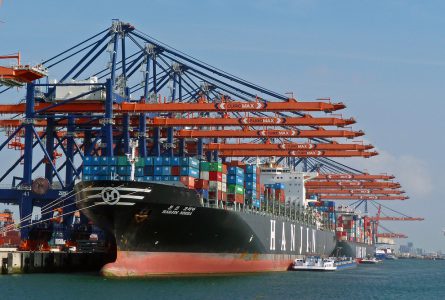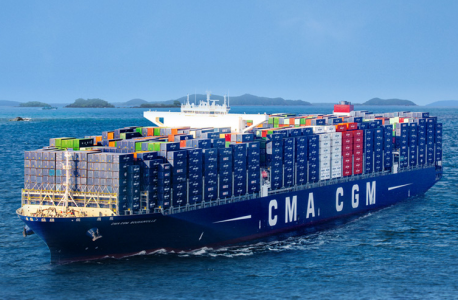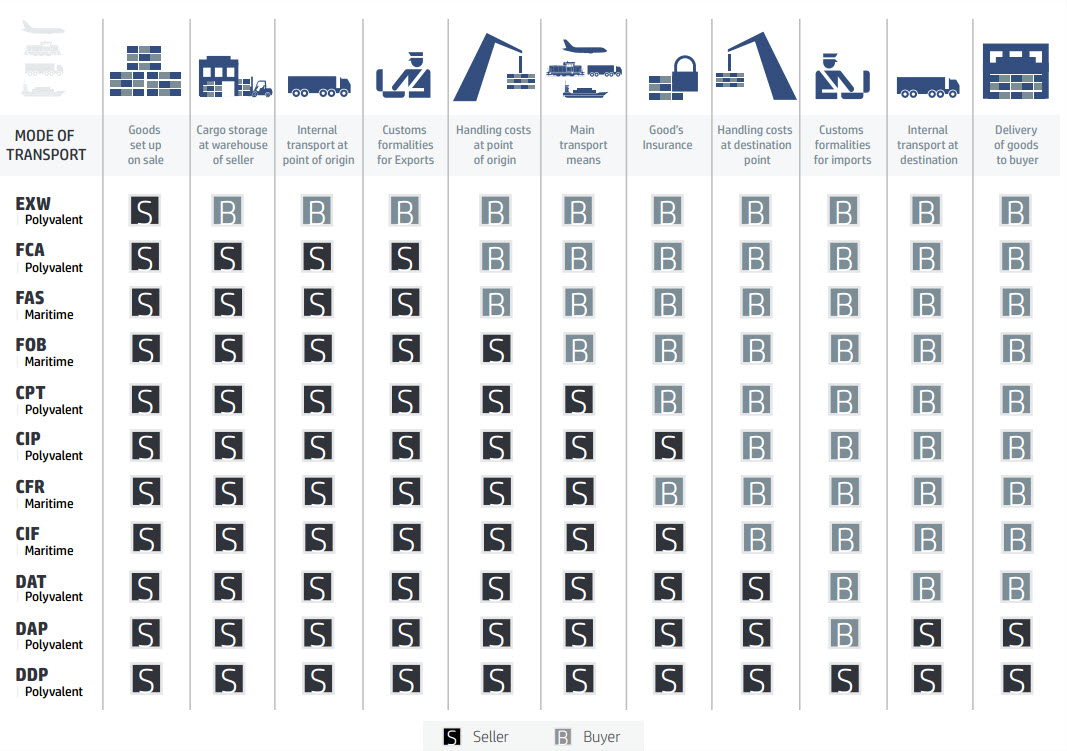
Why You Should Always Choose FOB Shipping With Your Supplier?
Which incoterm (aka shipping term, freight term or trade term) should I choose?
- EXW
- FOB
- CFR or CIF
- DAP
- DDP
- EXW – You only pay the goods value.
- FOB – You pay the goods value and inland transportation cost.
- CFR, CIF, DAP, DDP – You pay the goods value, inland transportation cost, and sea/air freight cost (or more)
1. NEVER EXW.
2. Freight cost is cheaper when FOB shipping.
Why my supplier charges me more?
2.1 Some suppliers try to mark up the freight cost offered as an additional way of making profit.
2.2 Most suppliers quote you higher just in case.
2.3 Some suppliers quote you the same as they got, but the price itself is not the cheapest one.
3. FOB means the logistics solution will be better.
Through experience and relationships with top-tier carrier partners, we negotiate the least cost rates available.
4. FOB means better control and work efficiently.
Wrapping Up
If your shipment is small (less than 200 kgs or less than 1 cbm), EXW is better. For such a shipment, door-to-door courier is the best choice.




